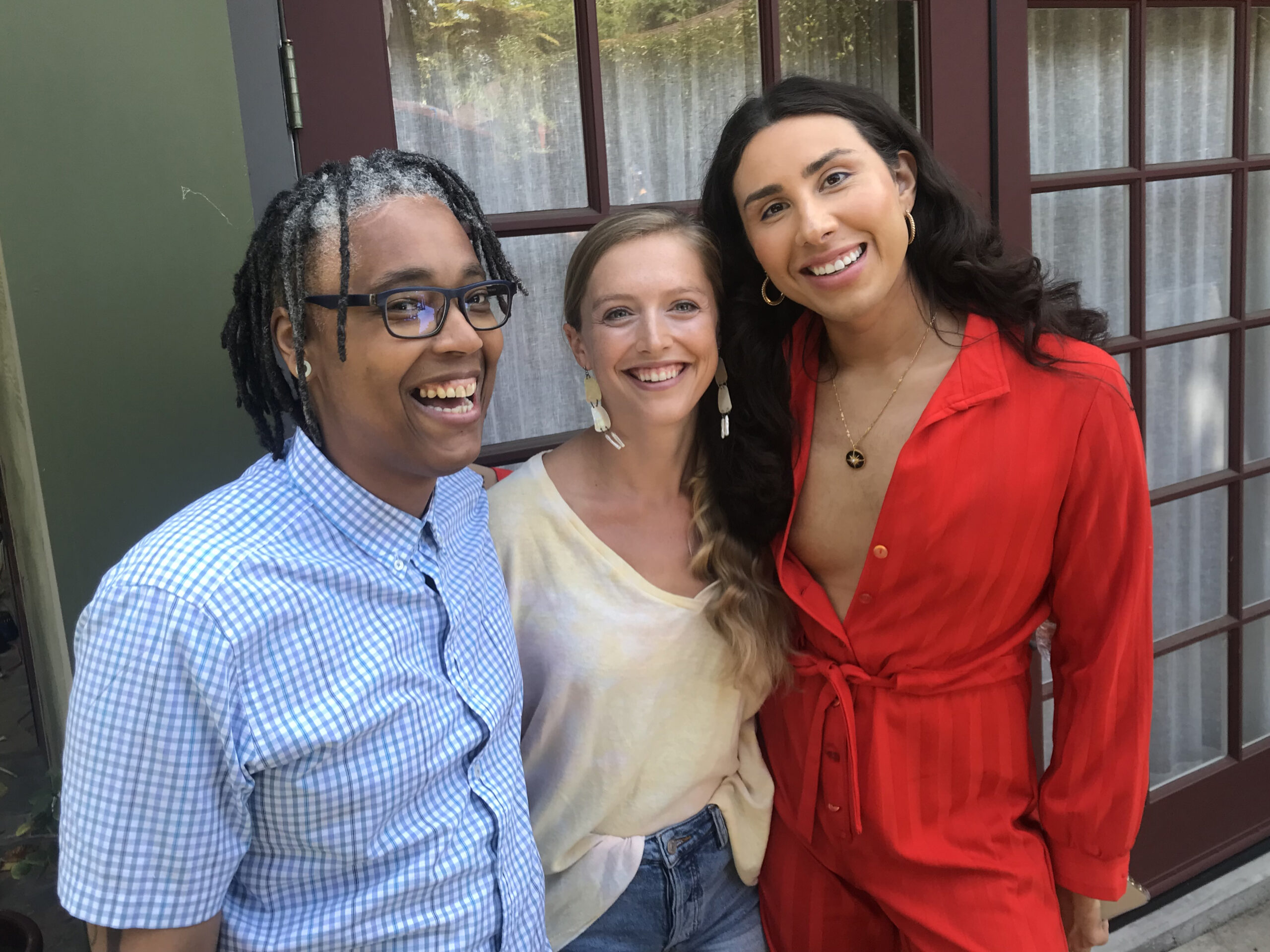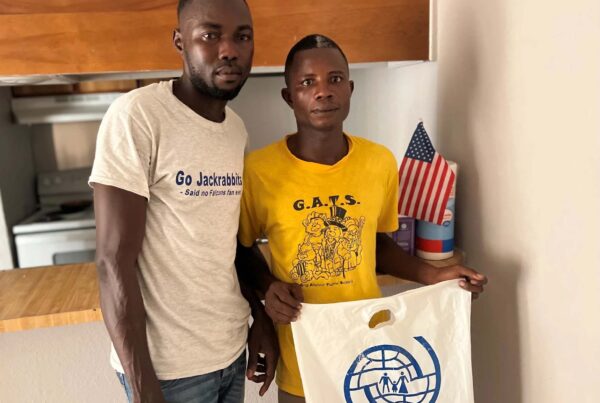The Pride flag has gone through many amendments since its inception in the late 70s, with each change meant to better represent LGBTQIA+ people. One addition, unfamiliar to some, is that purple ring with a yellow background, representing those from the intersex community.
Intersex people have long been overlooked and misunderstood – up to 2% of the population is believed to be intersex, though it’s rarely talked about – but in the new documentary “Every Body,” being intersex is celebrated.
Austin resident Alicia Roth Weigel, who is featured in the film, said that many people think that there’s male, female and intersex, when in fact sex is a spectrum, just as sexuality is a spectrum.
“Some women who are not intersex have big boobs, and some women have small boobs. Some men who are not intersex can grow a beard, and some can’t,” she said. “All of these sex characteristics all exist on a spectrum for every person, not just intersex people. We just happen to be a little bit closer to the center of that spectrum.”
What all intersex bodies have in common is that they have physical traits – some sort of combination of chromosomes, hormones, internal reproductive organs, external genitalia – that don’t fit neatly into a male or female box on a birth certificate, Roth Weigel said.

“I realized how lucky I had it that I was born into the family that I was and that I’ve been able to cultivate the community that I have, because there are people that come from much less tolerant backgrounds who carry a lot more shame,” says Alicia Roth Weigel. Courtesy of Focus Features
“I was born looking very female on the outside, but instead of being born with a uterus and ovaries, I was born with internal testes, and my testes would have produced testosterone,” she said. “But the reason why I look so female on the outside is because my body does not absorb or process testosterone based on how I was born. So the testosterone that my testes would have produced, my body would have peed some of that out, and I would have converted the rest to estrogen.”
It’s something she views as a superpower – but the rest of the world doesn’t see it that way, she said.
“People, I think, like things that fit into neat little boxes and categories because sometimes we get so overwhelmed by everything happening in the world that it’s nice to have something familiar, and people tend to fear what they don’t know or they don’t understand,” Roth Weigel said. “And our bodies are kind of the physical embodiment of the frontier or the unknown because we don’t fit what people are taught are the only two options.”
» GET MORE NEWS FROM AROUND THE STATE: Sign up for our weekly ‘Talk of Texas’ newsletter
Roth Weigel said she lived her life very closeted because the messages she received from doctors and society were that her body was inherently shameful – a problem to be fixed.
“They force these surgeries onto you, and they force you to take hormones, and they tell you to never tell anyone. Because they’re like, ‘You’ll be made fun of’ or ‘you’ll never find a good husband one day,'” she said. “And so that was the message I internalized. And what my brain translated that to is: If you can’t tell anyone who you are because people will make fun of you or you’ll never find a loved one, that means that you are inherently unworthy of love just for being who you are.“
Roth Weigel came out at a legislative hearing for Texas’ bathroom bill in 2017 after hearing lawmakers say that biological sex is “cut and dry.”
“I was able to tell them that biological sex is not cut and dry. There’s a whole huge swath of the population that’s born in between – the same amount of people as are born with red hair. We’re not even that rare or uncommon. You just don’t hear about us because we’re shoved so deep in the closet from when we’re born,” she said. “I just kind of did it because I was so mad at this bill and how it was targeting my trans friends. And so that’s why I say I came out backwards, because it’s like I came out very publicly in a legislative hearing and then all of a sudden kind of had to backtrack and be like, wait, I guess I should tell my brother.“














